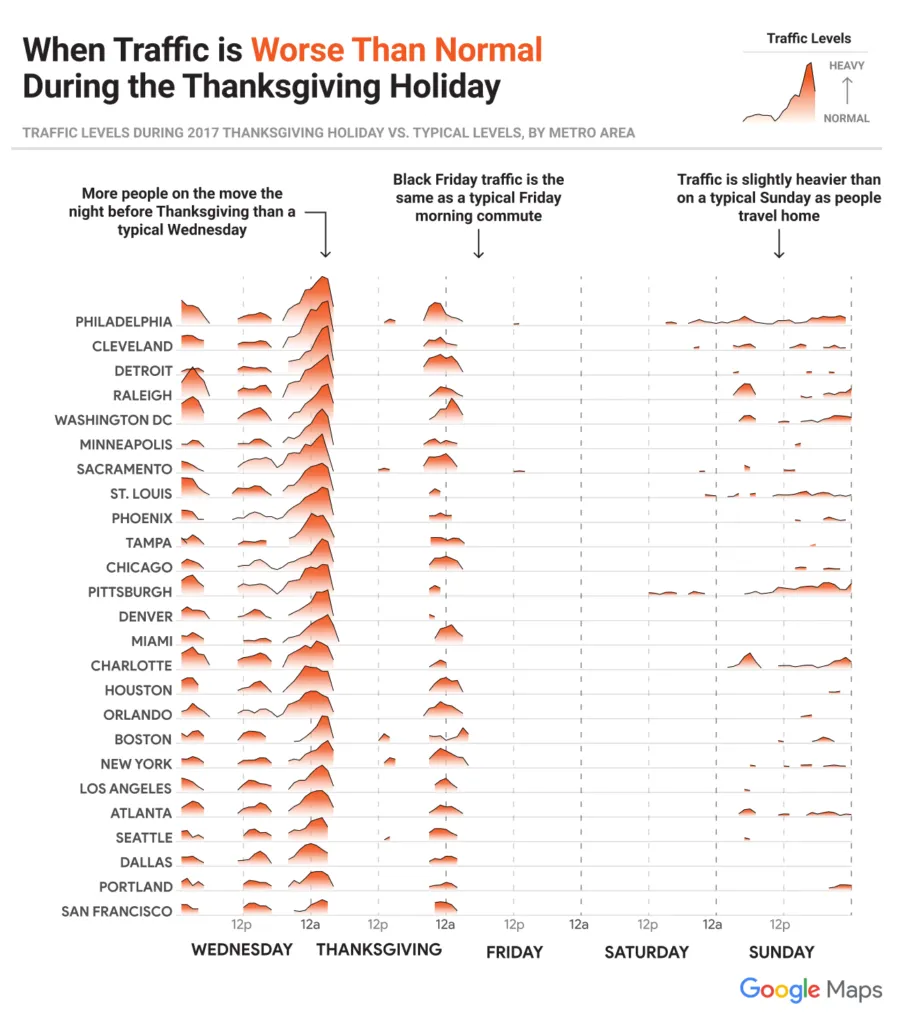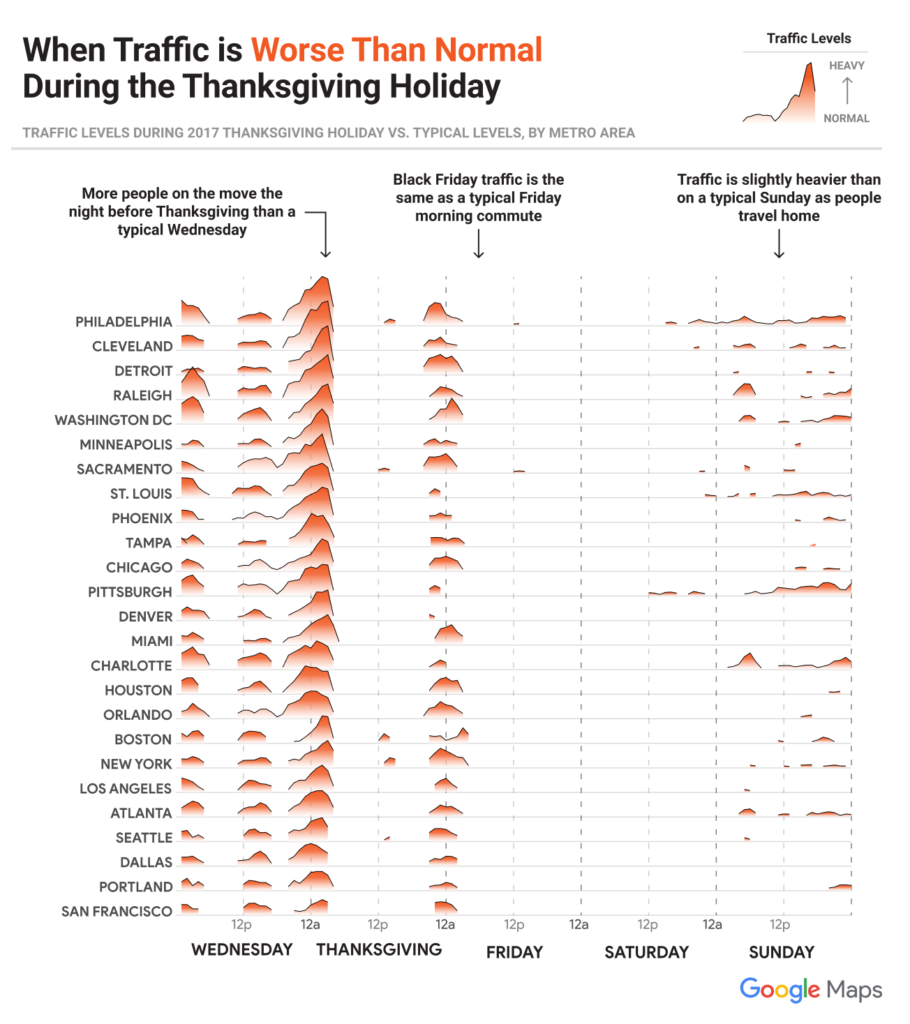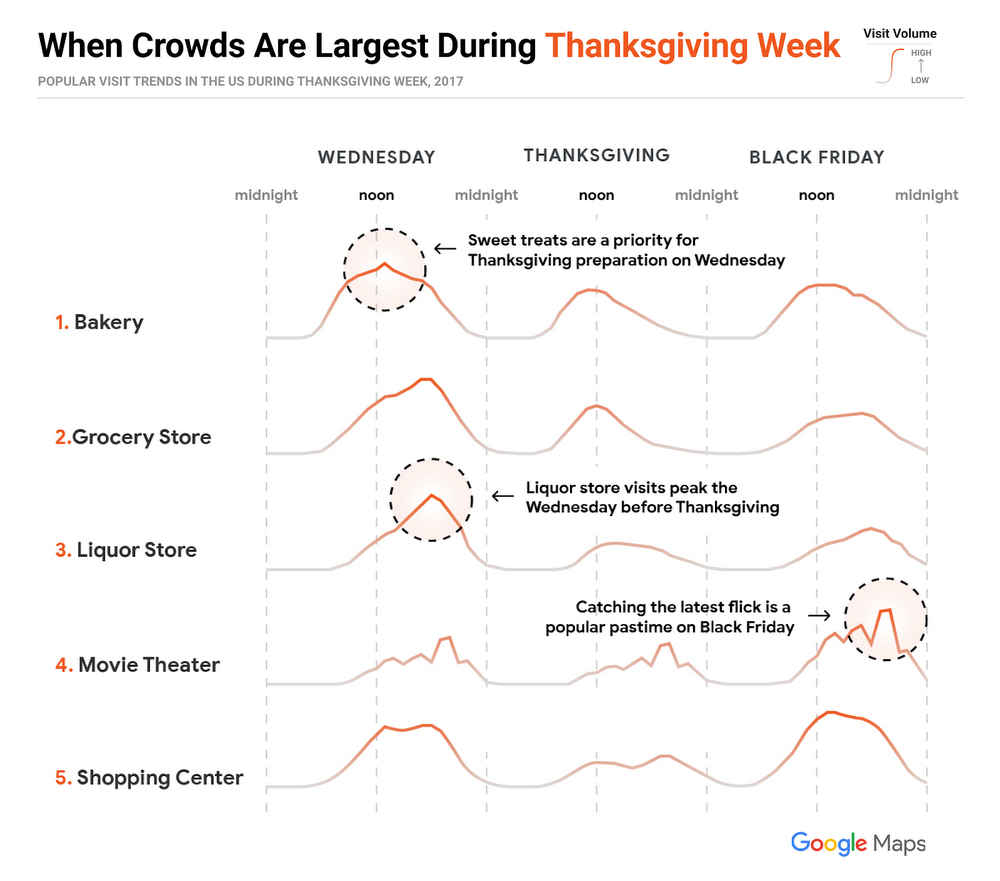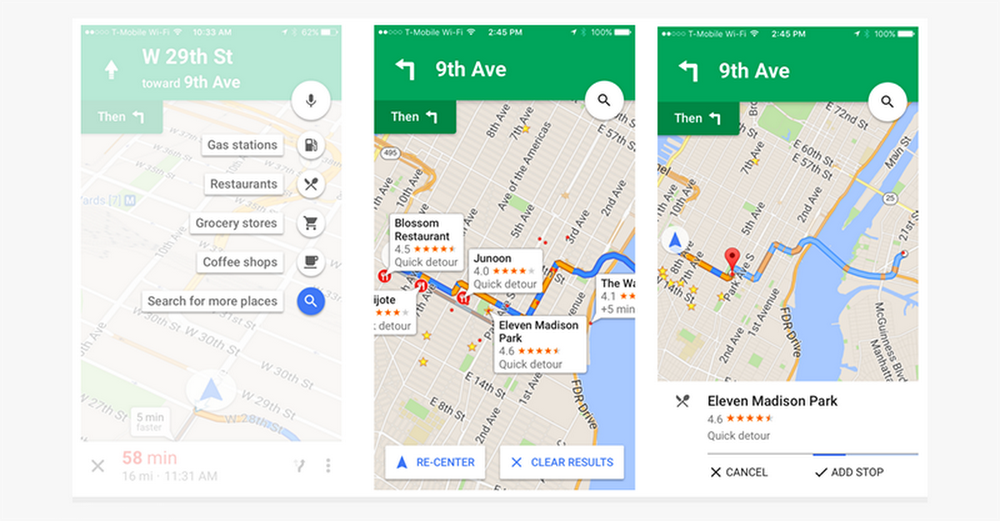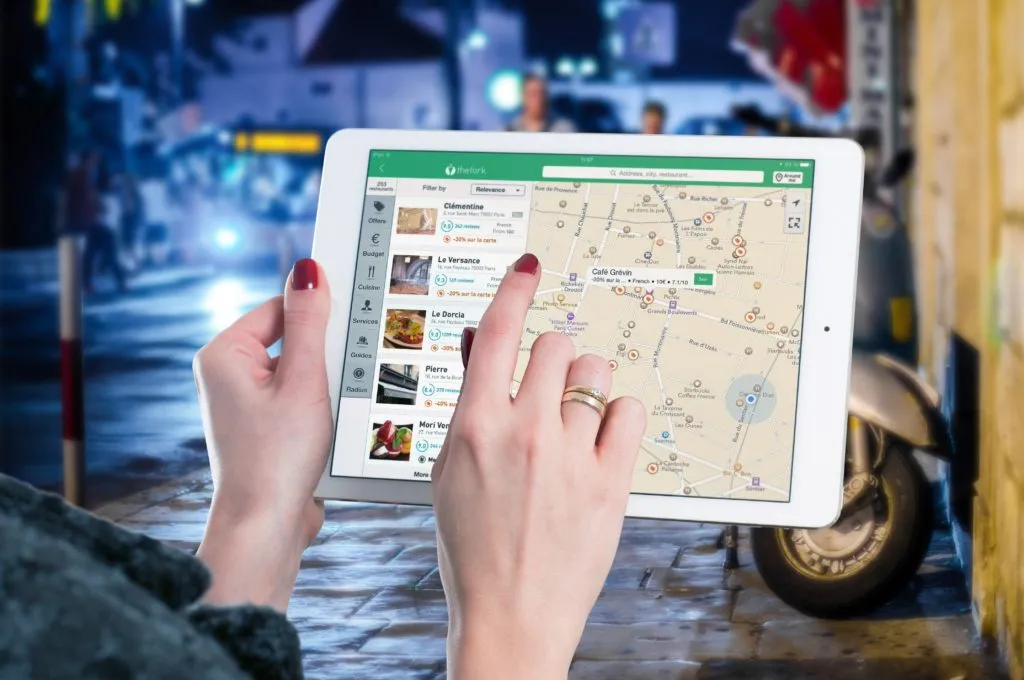
Can Apple and Google be forced to share their mapping data?
Not really. But, should they be sharing their mapping data? Absolutely – or so believes one of UK’s prominent advocacy groups, Open Data Institute (ODI). In a new report published last week, ODI insists that commercial online giants are dominating control of the United Kingdom’s geospatial data.
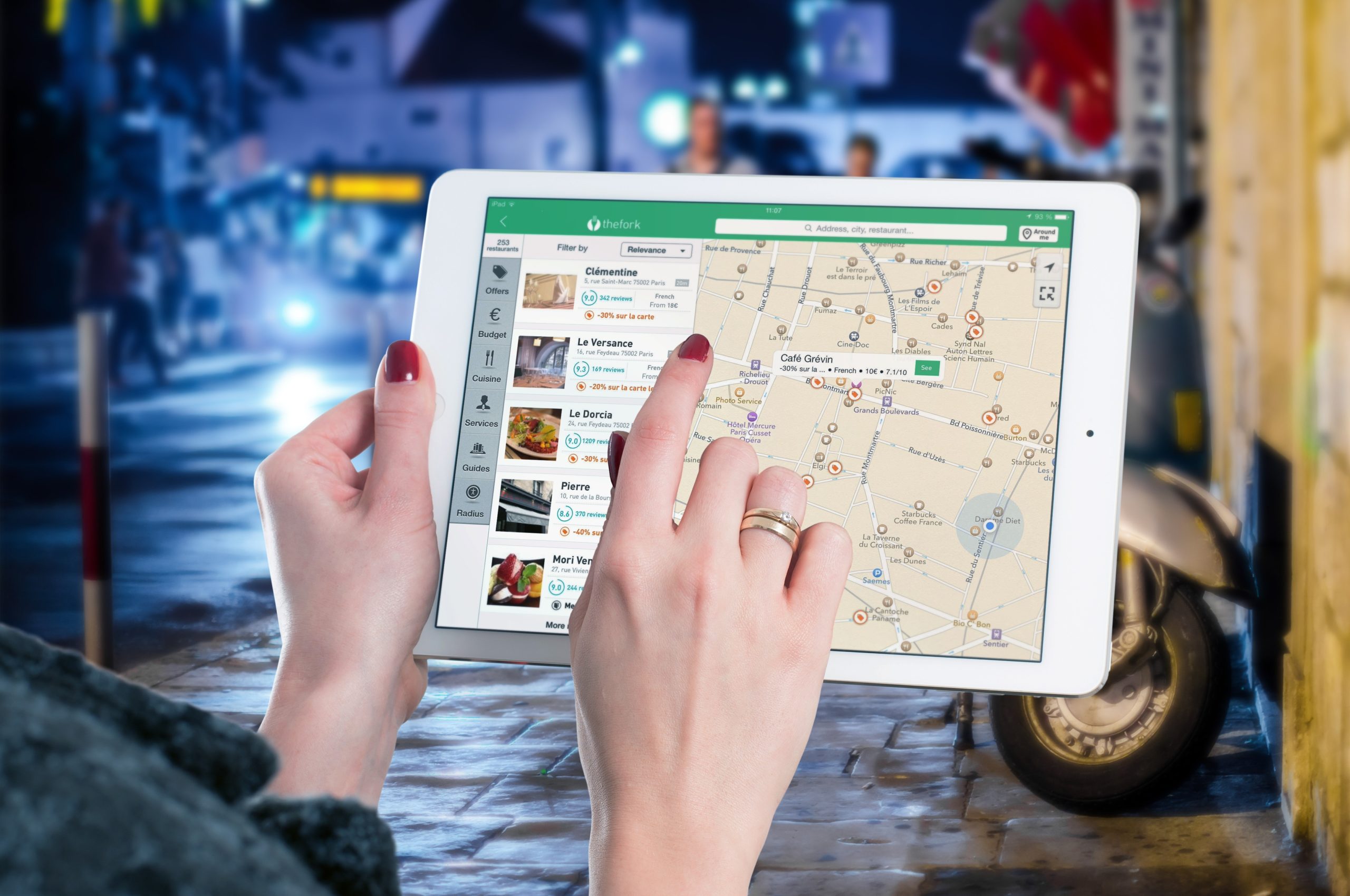
“From satellites and light detection and ranging (LiDAR) systems to the internet of things (IoT) and handheld, GPS-enabled devices, recent technological advancements have reduced the cost of production for many types of geospatial data. Alongside these advancements, new techniques like machine learning and computer vision have made it easier to extract greater value and insights from those datasets,” ODI notes, explaining how technology companies like Apple, Google and Uber are collecting geospatial data quickly and at scale.
According to ODI, commercial companies in the UK have become hoarders of geospatial data, while national mapping agencies and other public bodies are struggling to catch-up. And in the end, people, communities and startups are still not able to benefit from this data. Why? Because, on one hand, government agencies charge fees that make it hard for startups to get started, and on the other, we all are aware of how private companies like Google are capable of hiking their Maps API prices at will.
Read: Insane, shocking, outrageous: Developers react to changes in Google Maps API
So, ODI now wants to explore whether public sector organizations could be given powers to mandate access, use and sharing of data held by large corporate firms. “The UK needs an effective geospatial strategy that looks beyond geospatial data holders in the public sector. Without it, the UK will fail to meet commitments to industries that rely on new technology, such as driverless cars and drone delivery,” Jeni Tennison, CEO at the ODI, asserts.
This public-private partnership needs to be executed while respecting privacy, national security and commercial confidentiality, the ODI admits. And a broader debate around the respective roles that public, private and third sector organizations can play in maintaining and enhancing the geospatial data infrastructure in the UK can help achieve that, the group believes.
What about you? Do you think it would be fair if governments asked for-profit organizations like Apple, Google and Uber to share their proprietary mapping data?






